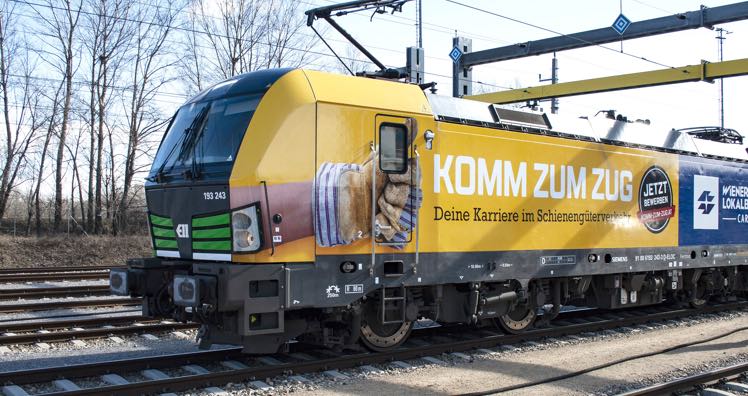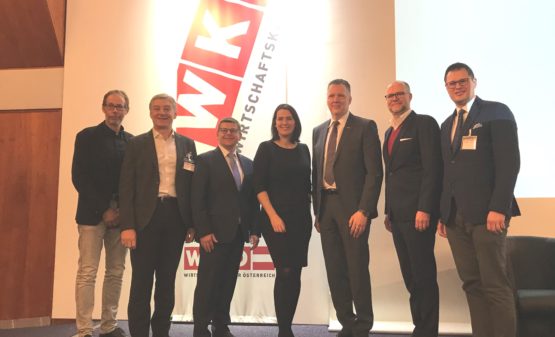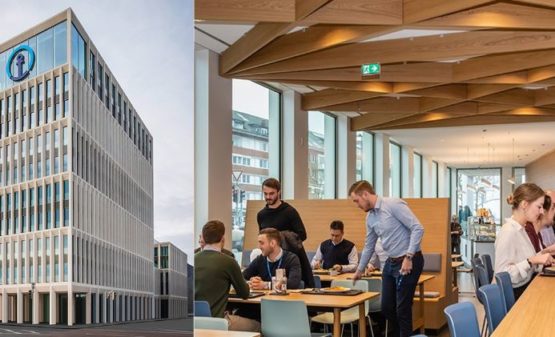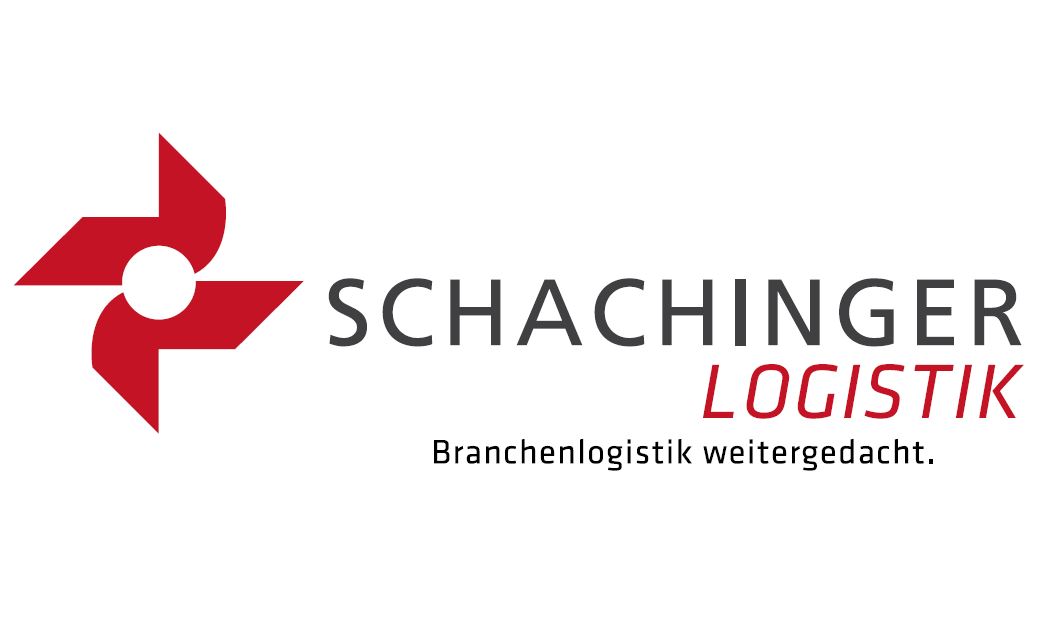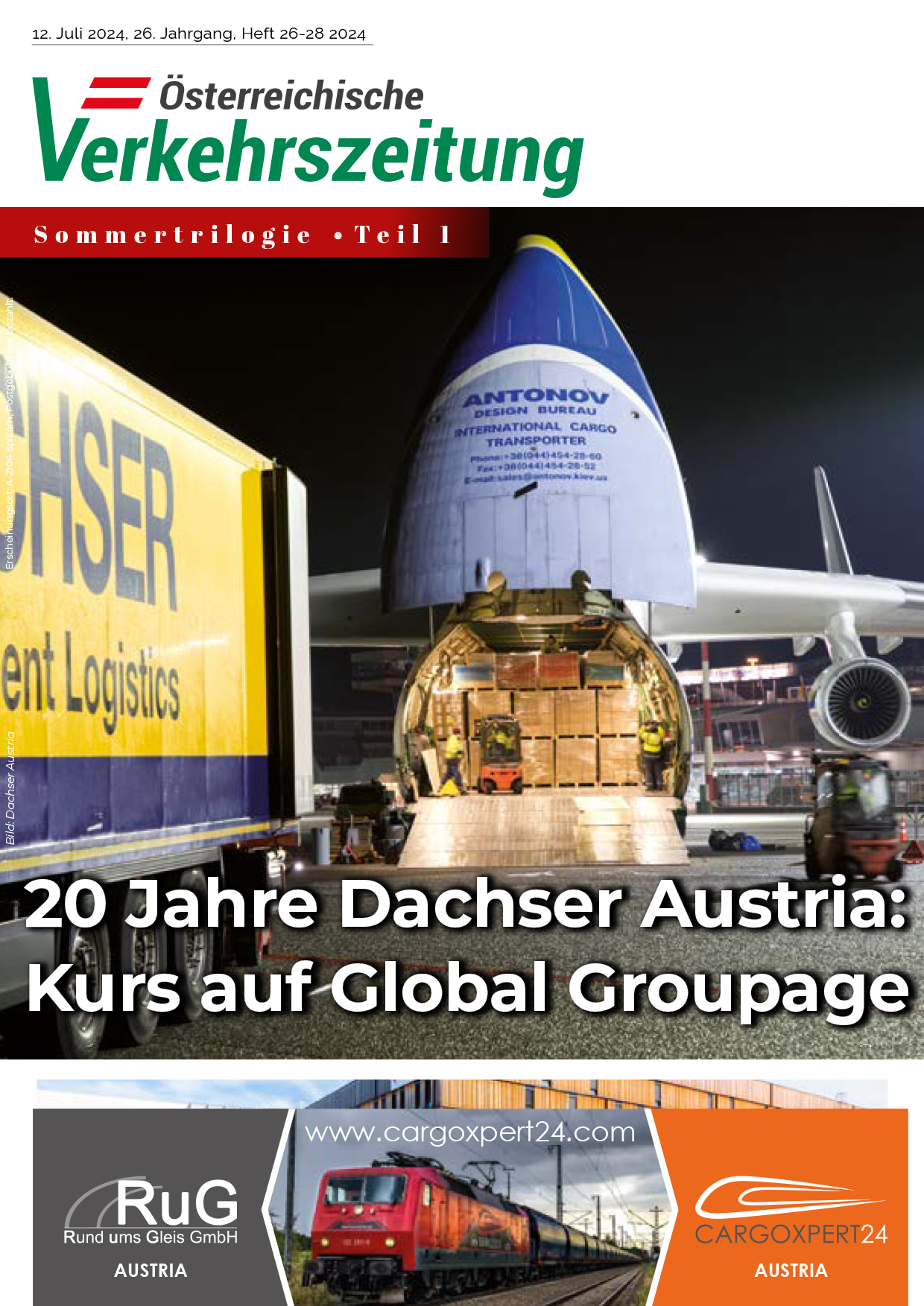Around 100 decision-makers and managers from the railway sector accepted the invitation of the railway trade association to the annual winter conference last week. This year, the conference took place in Innsbruck on the initiative of the Innsbrucker Verkehrsbetriebe (IVB).
In her speech to the representatives of the sector, Ingrid Felipe, Tyrolean Transport Minister and Deputy Governor, emphasised: “The railway, as one of the oldest and – electrically powered – still the most climate-friendly means of transport, is experiencing a renaissance: rail travel as an alternative to flying, rail transport instead of truck transit or for everyday business, suburban railway instead of cars. In order to meet all these encouraging demands, we need to move away from road transport as a premium means of transport and make rail services even more attractive.”
MEP Barbara Thaler also sees a lot of potential for the railways. “We need a real European rail network. Up to now, bureaucratic and national hurdles such as different voltages, national approvals or the fact that a locomotive driver deployed at the border has to speak the national language have hindered us. By removing barriers and expanding the rail infrastructure, the railways will become more efficient, reliable and affordable for passengers and the economy,” she stressed.
The current government programme is therefore unanimously viewed positively by stakeholders and railway managers. The most important topics:
– Ensuring nationwide public transport services
– Investment programme for private railways
– Commitment to the sustainable safeguarding of regional and branch lines
– Initiatives for technical and operational harmonisation in international transport (e.g. common language)
– Promotion and development of connecting railways
– Increased shift of goods to rail
The entire trade association as a superordinate representation of interests and its members as designers and implementers of the ambitious projects stand fully behind the government programme in a supportive and united manner. At the same time, however, there is still great uncertainty about the realisation of the ambitious goals. According to the experts, this will be the greatest challenge.
With regard to a number of further measures, the trade association sees “key open points”, which are currently still unclear, such as the
– Conclusion of regional transport service contracts for ten years or longer
– Completion of the medium-term investment programmes for private railways
– Employees initiative: Train drivers aged 18 and over in national transport and easier access to public training in the railway sector
– No golden plating, i.e. no bureaucratisation and no over-fulfilment of EU law
“Enhancing public transport by rail, requires also financing of the rolling stock and infrastructure. Only then we will be able to implement the transport services we demand,” says Thomas Scheiber, Chairman of the railway trade association in the Austrian Chamber of Commerce.


